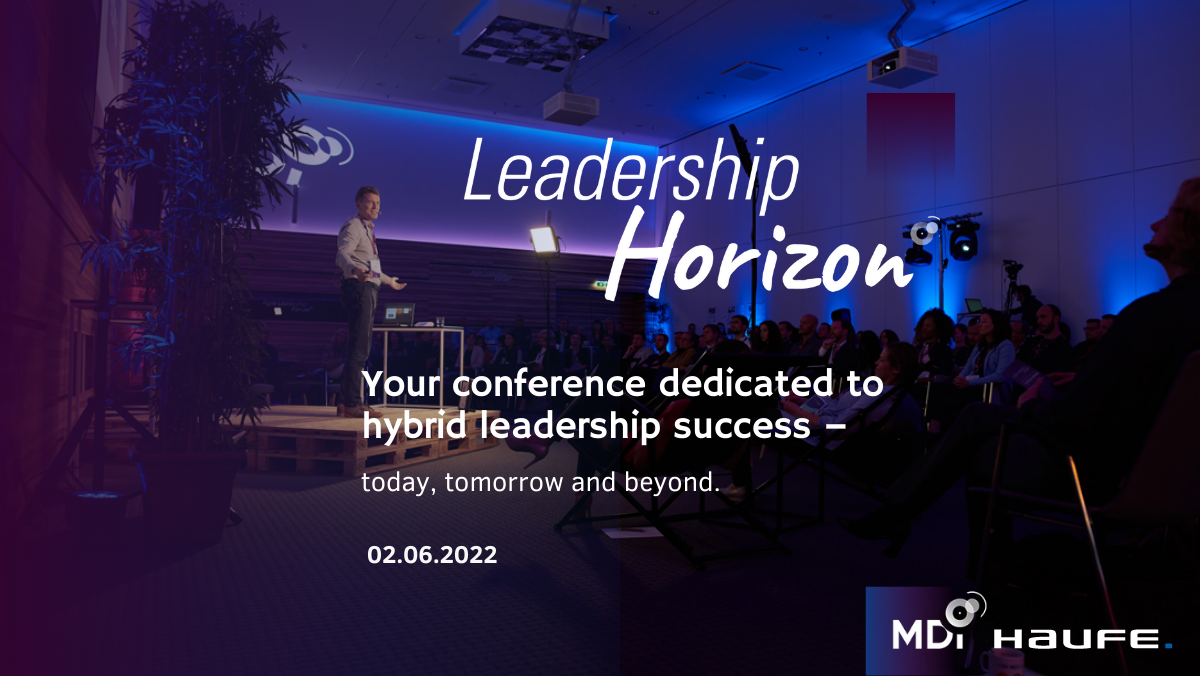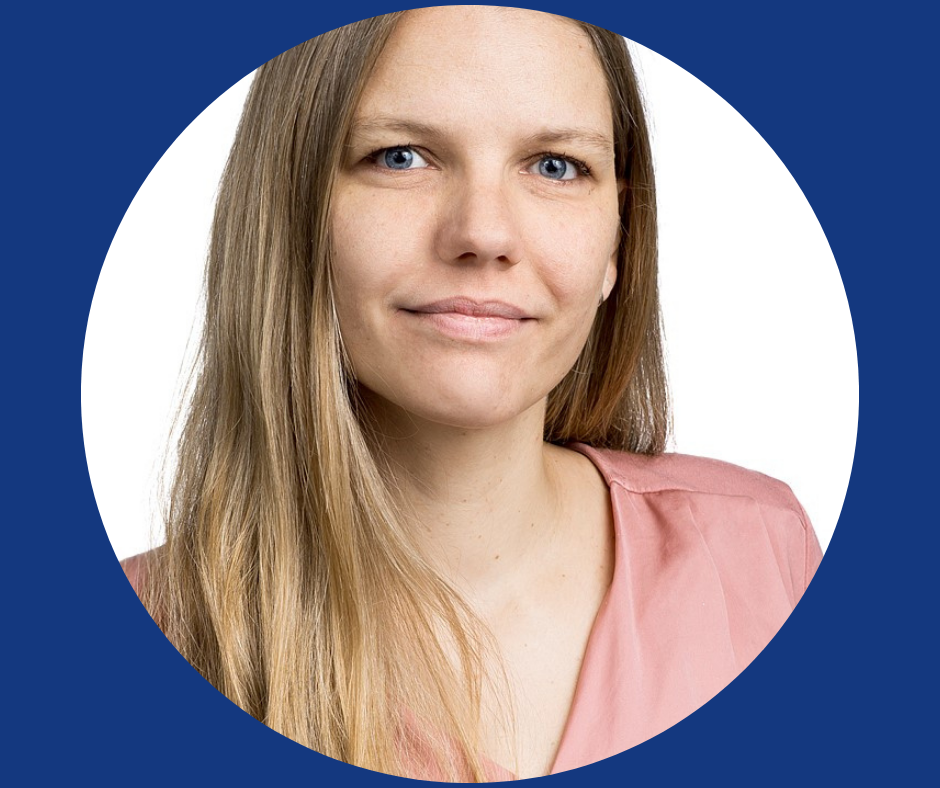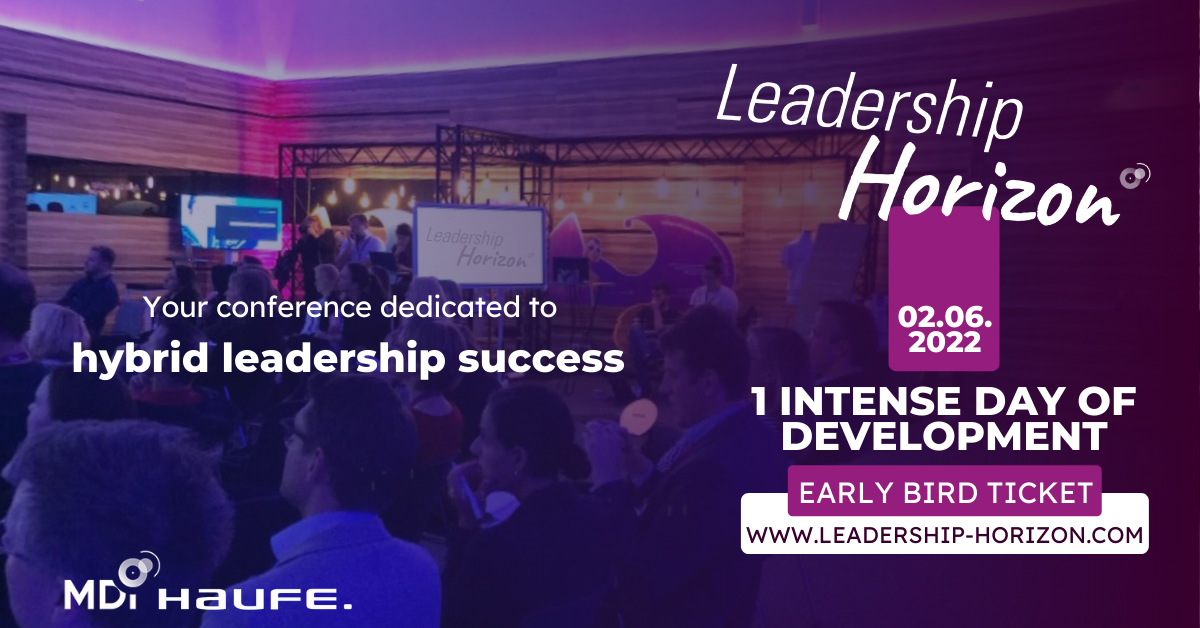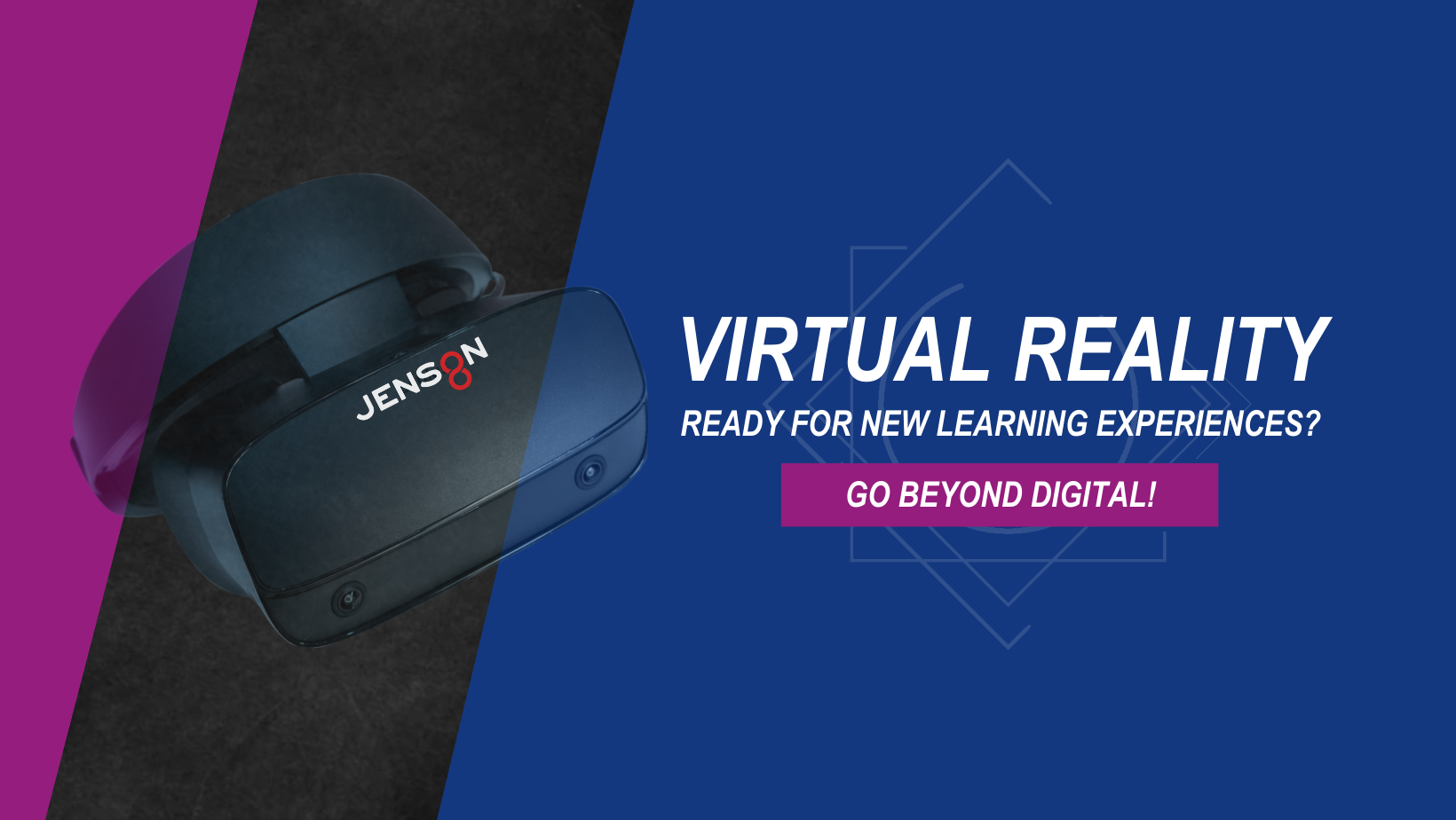
10 agile ways to make organizational learning more accessible
10 agile ways to promote organizational learning.
In order to respond to the current challenges in an organization in the best possible way, different learning formats have proven to be strongly supportive in terms of implementation. These enable new knowledge to be shared proactively and flexibly in the form of impulses within the company. They also have a positive effect on the networking of participants, as they can learn from each other and develop results together.
In the following, Peter Grabuschnig presents some methods for learning and networking and their approaches from the new book by MDI: Agile Leadership Development – How Leaders Learn in a Self-Determined and Needs-Oriented Way

Knowledge as the foundation for innovation and development
In a world where buzzwords such as VUKA1, BANI2, digitalization and agility have found their way into the operational meetings of HR departments, it is essential to actively address the constantly new and changing realities of our society. Knowledge, which not only lays the foundation for acquiring new competencies but is also essential for strategic and operational decisions, must therefore have the following characteristics:
-
It must be easily understandable and accessible.
-
It must also be transparent and kept up to date.
This poses increasing challenges not only for corporations, but also for small and medium-sized companies.
Information and knowledge alone do not create competence
For this, transfer into practice, application and training are required. So in order to learn new things (development) and create new things (innovation), it is highly relevant not only to know where I can find information, but also to actively engage with it. New things can only be created through new impulses that help us sharpen our perspectives and reflect on them.
Transparency and networking as drivers of leadership development
Every year, companies invest vast sums in the further development of their workforce. Often, large training programs are rolled out that have taken months of painstaking preparation. A common disadvantage of these programs is that in most cases they are quite rigid and fixed.
However, the fact that quite a lot can happen in a year and that circumstances can change completely in just a few weeks has been demonstrated not only by previous economic crises and the Corona pandemic. This is not to say that such measures are not useful.
Nevertheless, tomorrow’s leadership development should be able to be more agile and thus more adaptive and inclusive.
In many companies, a lot of knowledge is already available through ongoing training offerings and the experiences of employees. This now needs to be leveraged and put “on the road.” This requires courageous, new and participative concepts that link employees with each other, provide them with new impulses and give them the opportunity to learn from each other. In addition to the classic transfer of knowledge and the training of methods and models, agile management development also relies above all on transparent networking of the target group and flexible adaptation of the content to the current, actual needs of the leaders involved.

10 agile ways to make organizational learning more accessible
The following are some methods for learning and networking and their approaches.
1. Leader Camps
The most successful format for networking is the Leader Camp – a modification of the Barcamp. This is a method that originated in software development. The Leader Camp is titled with a current umbrella topic and offers participants the opportunity to discuss their own issues and challenges in correlation with the umbrella topic. The format itself can either take place in presence as a large event or be conducted as an online congress.
2. Web Camp
The Web Camp is a shorter online version of the Leader Camp in which a specific topic is covered. For example, topics that have come up as a result of a Leader Camp, a survey, or even strategic or operational operational need can be further explored and worked on quickly and without much effort with a larger group of interested participants.
3. Hackathon
The Hackathon, like the Barcamp, is a format that has its origins in the field of software product development. Here, first and foremost, a basic question is asked about a topic. An example of this would be, “How can we – as a company – manage to integrate flexible working models?” An answer to this main question is then developed using a predefined creative process.
In the first step, the problem is examined, analyzed and described in detail. Then possible solutions are collected together. Clearly defined, tightly held time phases prevent the participants from getting too caught up in discussions, so the focus is always on solving the problem. The third step involves the concrete implementation of these solutions. Here, an attempt is made to develop a directly implementable option from the ideas collected. Finally, the groups present their results to each other. The hackathon is thus an ideal method for achieving results and implementation possibilities quickly, agilely and in a solution-oriented manner.
4. Masterclasses
In music, the masterclass is used as a format to learn from the best and get new impulses and ideas for your own progress. The Masterclass for Leaders has been inspired by just that. Online in a short, 90 – minute webinar format, but also implementable in presence, it thus offers many different possibilities. For example, participants can learn new things from experts and have the opportunity to reflect on knowledge they already know. They can also ask questions and exchange ideas on the topic.
The procedure is as follows: As a rule, the expert gives a keynote speech. Afterwards, they have the opportunity to ask questions and discuss the topic with her. The short duration of the format makes it easy to integrate into the daily routine of executives, who are often very busy. Participation is based on voluntariness, and if someone is unable to attend, a recording can be provided.
5. Internal Masterclasses
To make existing knowledge in the company more accessible, the format of the internal masterclass is equally suitable. It does not make sense in every area, nor is it necessary, to buy in expertise from outside. There are many experts within the company who are willing and able to share their knowledge with others. Internally organized masterclasses, conducted by colleagues, create a good mix in the formats of continuing education programs, show appreciation for the expertise of individuals and offer the opportunity to effectively share important, company-specific information with a large group of people. Possible uses for internal masterclasses from the field include a financial review with the CFO and his team at the end of the fiscal year, etc.
6. The virtual implementation of the masterclasses
enables leaders to participate independently of locations and thus, for example, a better relationship, but also a better understanding, can develop between headquarters and countries. Particularly with regard to a hybrid working model, this format is suitable for bringing information to the workforce and providing them with news and impetus. This not only creates more transparency, but also promotes trust.
7. Online training
In 2020, the rapid technological adaptation of many companies to the realities of the pandemic led to the widespread acceptance of online training and online development activities. This digitization push has enabled us to now see training formats in virtual space as an actual alternative and extension to traditional classroom training. The big challenge will be to develop quality standards for online training. Nevertheless, online training is a very good way to get to know new methods and models and to train them in a virtual set-up in an entertaining and cost-reducing way.
8. Online courses
The online course as a form of asynchronous e-learning has been on the rise for some time. Platforms such as Masterplan, Udemy, Skillshare and LinkedIn Learning have recognized this and offer a variety of courses with different licensing models for use. With online courses, knowledge on a wide variety of topics can be made available on demand, quickly and without barriers.
However, the major challenge for personnel development is now not only the quality requirements for the content conveyed, but above all the large number of courses on offer. Curating the courses requires expertise that is not yet available in most cases. In addition, the lack of quality standards for online courses makes selection even more difficult. The professional field that will deal with this selection in the future are so-called learning curators. However, here, too, the question arises as to when an artificial intelligence with suitable algorithms à la Netflix will automatically offer our continuing education program adapted to the individual needs of the individual.
9. Breakthrough Sessions
Another way to make knowledge accessible and motivate leaders to transfer what they have learned is through Breakthrough Sessions (BTS). These are short sessions for reflection, sharing and getting feedback. Let’s assume a Web Camp is held, which leads to three specific projects. The project groups work on their topics and then have the opportunity in a BTS to present their progress or results and get feedback from other interested parties. Another option would be to bring in new projects, celebrate successes that have already occurred, or simply discuss new ideas together. Essentially, it’s about reflecting back on what you’ve learned from the learning pathway and discussing together what helped with implementation, what may have been missing, or where you still need support.
10. E-Coach
Making an additional learning offering alongside live formats compact and easy to access – this is the opportunity offered by the E-Coach. The E-Coach can be seen as an info and learning package. It can take the form of a newsletter, be embedded in the intranet or LMS, or be integrated into MS Teams as an MS SharePoint page. The goal is to provide leaders with additional learning opportunities or with necessary information.
Thus, with access to curated content such as e-learnings in the form of online courses or web-based trainings, podcasts, video lectures or interesting technical articles, the e-coach offers many supplementary tips and assistance for the daily management routine. In addition, it can be used as an information page to publish training dates, enable registration for individual measures, or provide direct access links to virtual events. In this way, participants can find all the important information about their development measures in one place.
Want to learn even more?
Learn more about Agile Leadership Development in our new book (german) or simply send us an inquiry to contact@mdi-training.com.

Peter Grabuschnig
MDI Partner, trainer, mindset coach and consultant.
Peter is a partner and trainer at MDI, advising major international corporations on implementing hybrid work policies and building a hybrid work and leadership culture.
He is considered an expert in training design. With his Webinar Guru Framework he has developed a tool that helps to design training content for successful and activating virtual learning.















